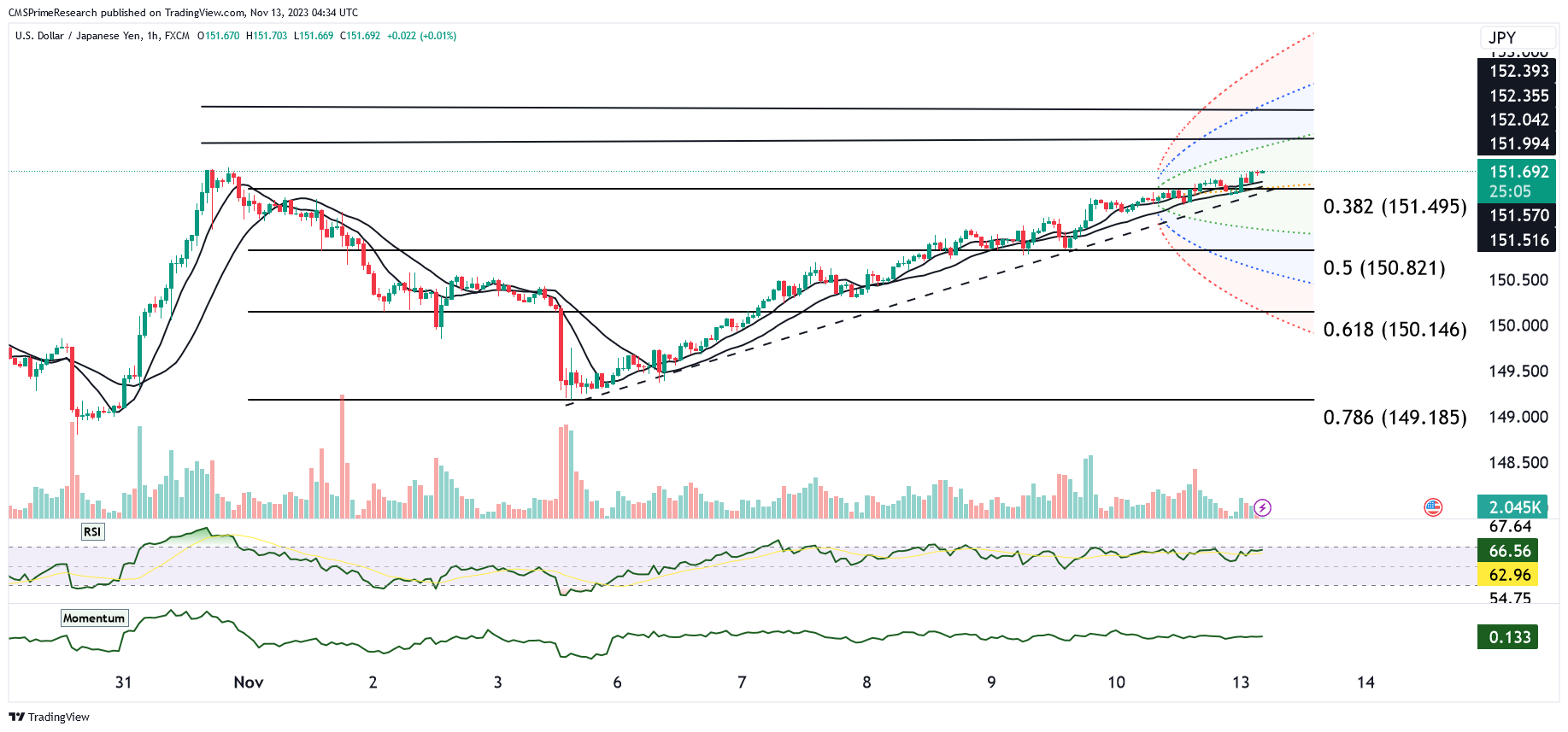Technology
FTAsiaEconomy Financial Trends: Powerful Insights and Future Outlook 2024

In the ever-evolving landscape of global finance, the FTAsiaEconomy financial trends and the Asia-Pacific economy stand out as pivotal elements shaping financial trends. This article delves into the current financial trends within the FTAsiaEconomy and Asia-Pacific regions, offering insights into how they influence the broader global economy. We will explore key trends, their implications, and what the future might hold for these financial areas.
Table of Contents
What Is FTAsiaEconomy?
FTAsiaEconomy refers to the financial trends and economic activities within the Asia-Pacific region as reported by financial and trade analyses. It encompasses various aspects of the region’s economy, including trade agreements, investment flows, and economic growth.
Current Financial Trends in the FTAsiaEconomy
1. Economic Growth and Trade Liberalization
- Strong Economic Performance: Many Asia-Pacific economies are experiencing robust economic growth, driven by factors such as technological advancements, increased consumer spending, and foreign investment. The FTAsiaEconomy reports that this growth is critical for global economic stability.
- Trade Agreements: New and evolving Free Trade Agreements are opening up markets and reducing trade barriers, which enhances economic collaboration within the region and beyond, according to FTAsiaEconomy financial analyses.
2. Investment Flows
- Increased Foreign Investment: The Asia-Pacific region continues to attract significant foreign direct investment (FDI), particularly in sectors like technology, infrastructure, and renewable energy. FTAsiaEconomy highlights that this trend is crucial for regional economic development.
- Investment Opportunities: Emerging markets within the region offer promising investment opportunities due to their growing economies and improving business environments, as noted in FTAsiaEconomy reports.
3. Digital Transformation
- Rise of Fintech: The adoption of financial technology (fintech) is transforming financial services, making transactions more efficient and accessible. FTAsiaEconomy emphasizes that fintech is a major driver of innovation in the financial sector.
- E-commerce Growth: The surge in e-commerce within the region is driving demand for digital payment solutions and online financial services, according to FTAsiaEconomy financial trends.
4. Regional Economic Integration
- Trade Blocs and Agreements: Regional trade blocs, such as the Comprehensive and Progressive Agreement for Trans-Pacific Partnership (CPTPP), are fostering deeper economic integration and cooperation among member countries. FTAsiaEconomy reports that these agreements are pivotal for regional stability.
- Economic Corridors: Initiatives like the Belt and Road Initiative (BRI) are enhancing connectivity and trade across the region, a key focus of FTAsiaEconomy financial analyses.
Comparing Financial Trends in Key Asia-Pacific Economies
Here’s a comparison of key financial indicators in some major Asia-Pacific economies:Economy GDP Growth Rate (2023) Foreign Investment Key Sector Growth China 5.5% High Technology, Manufacturing Japan 1.2% Moderate Automotive, Robotics India 6.8% High Technology, Services South Korea 2.5% Moderate Electronics, Shipbuilding Australia 2.1% High Mining, Financial Services
FAQs About FTAsiaEconomy Financial Trends
- What impact do FTAsiaEconomy trends have on the global economy?
- FTAsiaEconomy trends reduce trade barriers, boost economic growth, and enhance international trade by making it easier for countries to trade with each other.
- How does the Asia-Pacific region contribute to global economic growth?
- The Asia-Pacific region is a major contributor to global economic growth due to its large and diverse economies, significant foreign investment, and robust trade networks.
- What are the primary sectors driving financial growth in FTAsiaEconomy?
- Key sectors include technology, manufacturing, e-commerce, and renewable energy, with varying emphasis depending on the specific country.
- How is digital transformation affecting financial services in the FTAsiaEconomy?
- Digital transformation is making financial services more accessible and efficient through the adoption of fintech, digital payments, and online banking solutions.
- What role do regional trade agreements play in FTAsiaEconomy?
- Regional trade agreements facilitate economic integration by reducing trade barriers, promoting investment, and enhancing economic cooperation among member countries.
Conclusion
The FTAsiaEconomy financial trends and the Asia-Pacific region highlight a dynamic and rapidly evolving economic landscape. With strong economic growth, increased investment, and significant digital transformation, these regions are pivotal to the global economy. Understanding these trends provides valuable insights into the future of international trade and investment. As the global financial landscape continues to change, staying informed about FTAsiaEconomy trends will be crucial for businesses, investors, and policymakers alike.
Also Read: Luxury FintechZoom Price: A Detailed Insight
Keywords: FTAsiaEconomy financial trends, Asia-Pacific economy, Free Trade Agreement, economic growth, investment flows, digital transformation, fintech, regional economic integration, foreign investment.

















